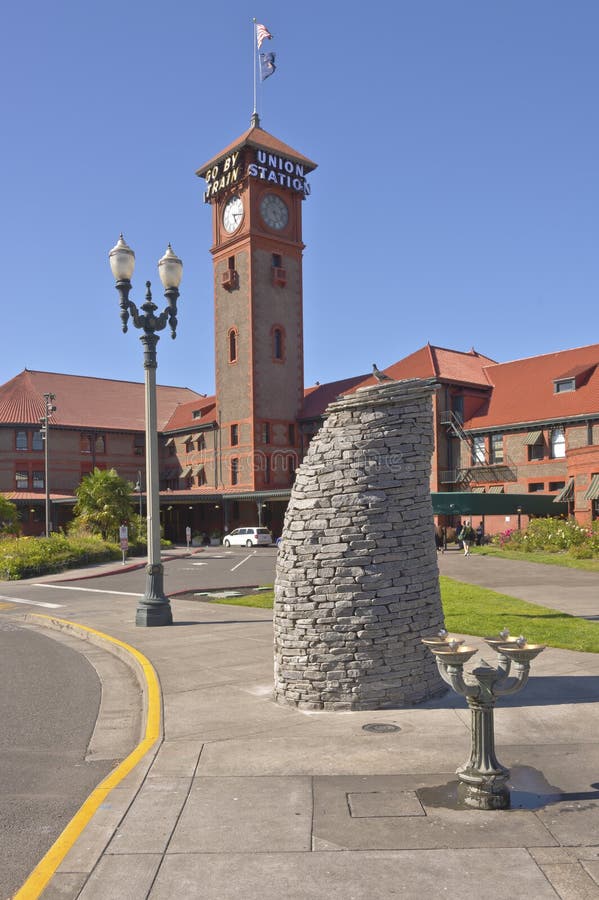Istkalen Information Service: Long-debated "draft constitutional act" finally approved as Istkalen enters "transition to democracy"
A long debated "constitutional act," which would abolish the legislature and create a radically centralized regime in which legislative and executive powers would be concentrated in the Council of Ministers. While popular drafts of the act entailed the abolition of the occupational unions and the establishment of a one-party system, its final form did neither, choosing instead to preserve the multi-party system as well as the occupational unions, albeit in what appears to be a limited form.
The structure of state will be as follows:
The President of the Republic will have the right to nominate the Council of Ministers of Istkalen, as well as dismiss its members, save for the Ministers of Justice, Examination, and the Censorate, which will be appointed by the Council of Justice, the Council of Examination, and the High Council of the Censorate respectively. The Council of Ministers will be headed by a Prime Minister, who shall be responsible for coordinating its activities as well as those of the ministries.
The President, as well as the ministers, will have broad power to issue orders for the "enforcement of the laws."
The Council of Ministers will also be able to propose legislation; if a majority is in favor, and if the President approves, then it goes into law. The 16 occupational committees - renamed "producers' committees" in an attempt to revisit past populist-producerist governments - may repeal legislation related to their corresponding sector. They will, however, possess certain legislative powers of their own apart from this as well - primarily to regulate their corresponding economic sectors, to coordinate economic activity, and to stimulate economic development. A majority of the 16 committees has the power to declare a state of defense, at which point the President will gain the power to rule by decree, without even the Council of Ministers.
The occupational unions, renamed "producers' associations," will continue to exist, primarily to define occupational ethics and norms, to codify the duties that members of a given occupation hold, to codify how said members should approach other members and the public, as well as to provide welfare and assistance to their members. They will no longer take a role in the economy apart from this, as they did previously.
The Censorate, Council of Justice, and Council of Examination, will retain their current powers, and thus provide a significant number of checks against the exercise of power by the President and Council of Ministers.
Local government is left undescribed; it will likely continue to function as it does now.
According to Ikomar, who per the act is now President, the move will be temporary.
"Istkalen is not yet ready for democracy," he stated in a virtual press conference. "It posesses neither the culture, nor the stability. For almost twenty years, much of its administration has been almost feudalist in nature. Prior to that, the country was ruled by a military junta; before that a one-party state, and preceding even that a personalist dictatorship. The country has not seen democracy or anything approaching sane governance for almost 50 years; we have already seen how, in this state, people have turned to authoritarianism. A quick transition sounds good, but will not work - it will lead to someone even worse than the Social Democrats gaining power, and the same cycle repeating itself. In the passing of this act, we are entering a period of prolonged but temporary transition - really of state-building - that is necessary for the construction of democratic culture and institutions in Istkalen."
This is in stark contrast to the opinions of the act's writers, who all have proclaimed their antipathy towards democracy and their wish to establish "a moral, stable, and authoritarian" state in Istkalen.
"Istkalen is not the West," one stated during debate. "It is not a country where ridiculous ideas of rights and popular sovereignty can thrive, nor where they should even be forced. Its people do not know of either; they know only of duty. On this, rather than any ridiculous and evil Western notions, should governance be based on. For them, they may have their limping, corrupt, state; for us, we shall have our strong, enduring, state of duty rather than entitlement, of service rather than demands."
This opposition has been common in the present period - a reflection of the popular opinion, which is strongly for authoritarianism, and its opposition to that of the West, which pushes for the establishment of liberal democracy - but in reality has never manifested in genuine struggle, and likely will not. While Ikomar claims to be supportive of democracy, in reality he largely governs according to the wishes of the public and thus, by extension, the authoritarian politicians of the National Assembly. While it is probable that he does in fact eventually intend a transition towards true democracy, the form this will take, not to mention the length, is unknown.










